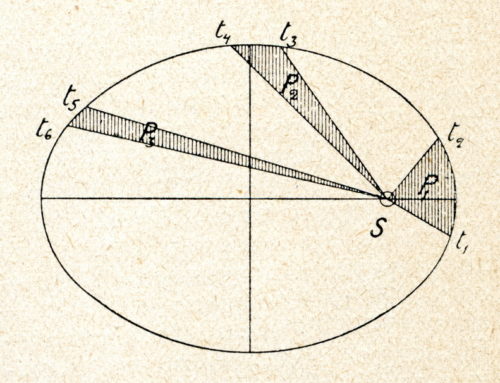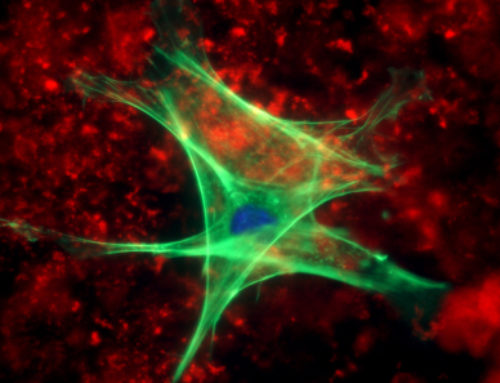On the island of Ven in southern Sweden you can admire the relics of a heyday of astronomy: In the 16th century, the eccentric Danish scientist Tycho Brahe lived and worked here.
From a young age, astronomy was his passion, but it still had to be shared with other disciplines such as chemistry, medicine, cartography or law, which he studied in German cities such as Leipzig, Rostock or Wittenberg.
Not least because of his extraordinary powers of observation and his talent in the construction of new measuring instruments, the discoverer of a supernova in Europe was wooed by the most prestigious scientific universities.
Generously endowed with land and money by the Danish king, Brahe, who descended from the Danish aristocracy, set up his personal scientific paradise on Ven and at the same time opened the gates to the international community of stargazers. In the second half of the 16th century, Ven was considered the mecca of astronomy, something that you don't even notice at a second glance on the small island, which today offers space especially for agriculture, tourism, handicrafts and golf courses. Only the small Tycho Brahe Museum tells of the golden age for science.
As the inventor of numerous astronomical tools that still did not need lenses, he penetrated into areas of measurement accuracy that were incomparable at the time and are still astonishing today.
For example, he was able to determine the position and movement of the stars and planets with an accuracy that was up to a hundred times greater than was previously possible.
After evaluating earlier measurements, he felt compelled to give up the prevailing Ptolemaic world view. Unlike Copernicus, however, he initially assumed that the earth was at the center of a world in which the planets would revolve around the sun. Later he found more and more evidence for the correctness of the Copernican views in principle, but remained skeptical due to philosophical and religious biases.
The eccentricity of Mother Earth, which went hand in hand with the Copernican turn, was generally regarded as the dissolution of social and biblical orders. In this respect, the noticeable anthropological insult did not stop at the great astronomer Brahe. Nevertheless, the vitae of Kepler's teacher shows an unconventional and progressive spirit.
For example, contrary to the rules of society, he married a commoner and, completely unusual at the time, his sister Sophie Brahe participated in astronomical measurements, promoted them in various areas and regarded them as equal intellectual counterparts.






